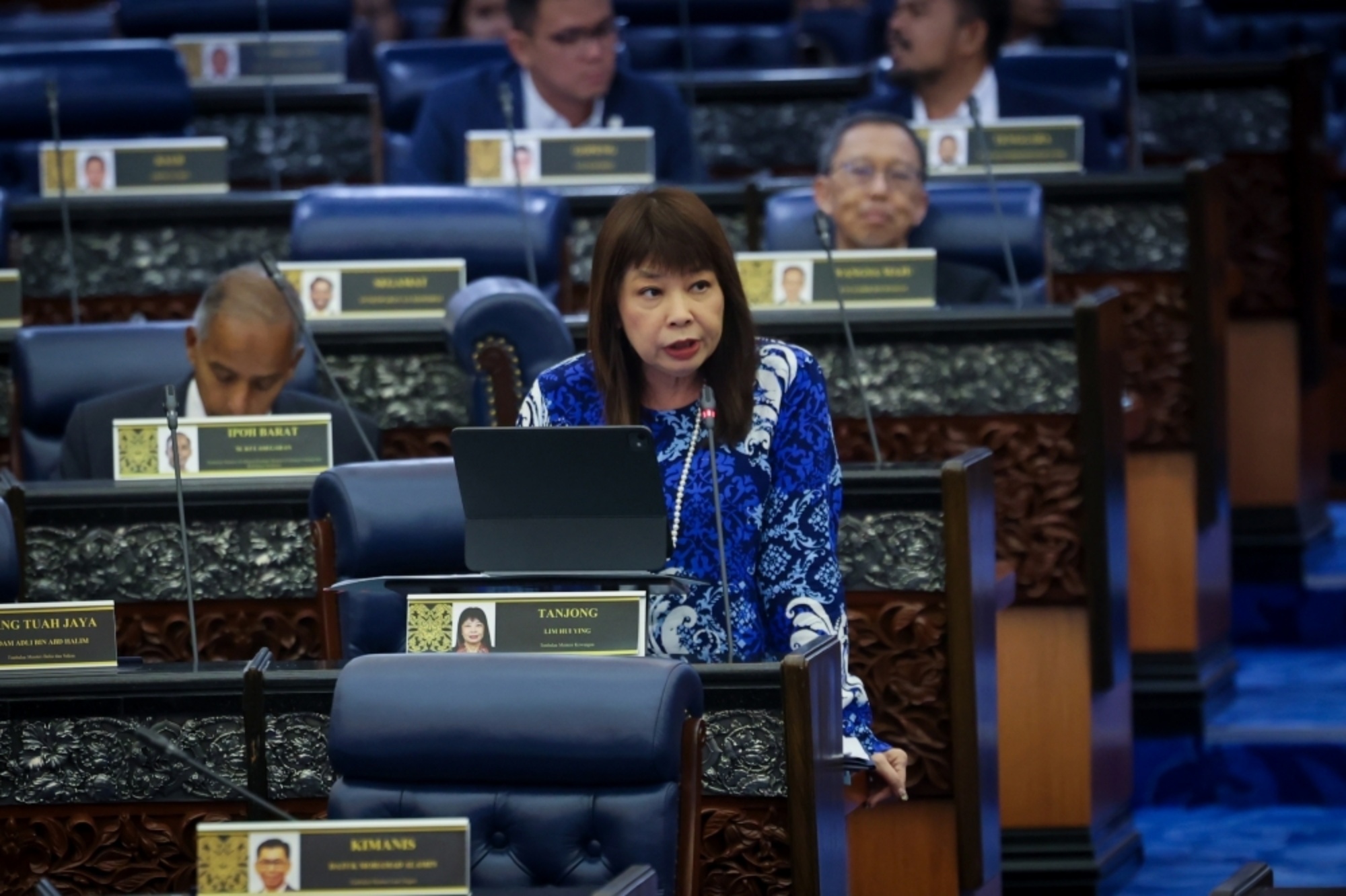The Dewan Rakyat has passed the Consumer Credit Bill 2025, introducing long-awaited regulation for non-bank credit and credit service providers in Malaysia. Approved through a majority voice vote, the legislation will lead to the formation of a new statutory body, the Consumer Credit Commission (CCC), tasked with enforcing standards, monitoring industry conduct, and advising the government on credit-related policy.
Once established, the CCC will oversee six types of businesses, three of which will require licences to operate: buy-now-pay-later (BNPL) providers, leasing firms, and factoring companies, including those offering Shariah-compliant services. The remaining three, debt collection agencies, acquirers of non-performing loans and debt counselling or management services, must register with the commission. In total, 253 businesses are expected to fall under CCC oversight.

Deputy Finance Minister Lim Hui Ying, who tabled the bill, noted that Shariah-compliant pawnbroking (Ar-Rahnu) and credit facilities will remain under the purview of the Ministry of Housing and Local Government. She added that the implementation will be carried out in three phases, beginning with the establishment of the CCC to regulate entities currently outside any formal oversight.
From 2028, regulatory functions from the Ministry of Domestic Trade and Cost of Living and the Housing Ministry will be transferred to the CCC. The final phase involves a wider centralisation of conduct regulation for Malaysia’s financial markets, which is still under study.

The move comes as the BNPL sector experiences rapid growth, with transaction value climbing over 30% to RM9.3 billion in the first half of 2025, compared to RM7.1 billion in the preceding six months. Lim highlighted that 3.2% or RM121 million of these were overdue payments, raising concerns about consumer risk exposure. Malaysia now hosts 16 BNPL providers, including Atome, SPayLater and GrabPayLater, with 6.5 million active accounts logging 102.6 million transactions as of June 2025.
Lim also cited growing alarm over predatory lending and unethical debt collection practices. Complaints have surfaced involving violent or harassing tactics by collectors, as well as scams by individuals posing as debt management intermediaries who exploit vulnerable borrowers for profit.
(Source: Bernama / The Edge Malaysia)


